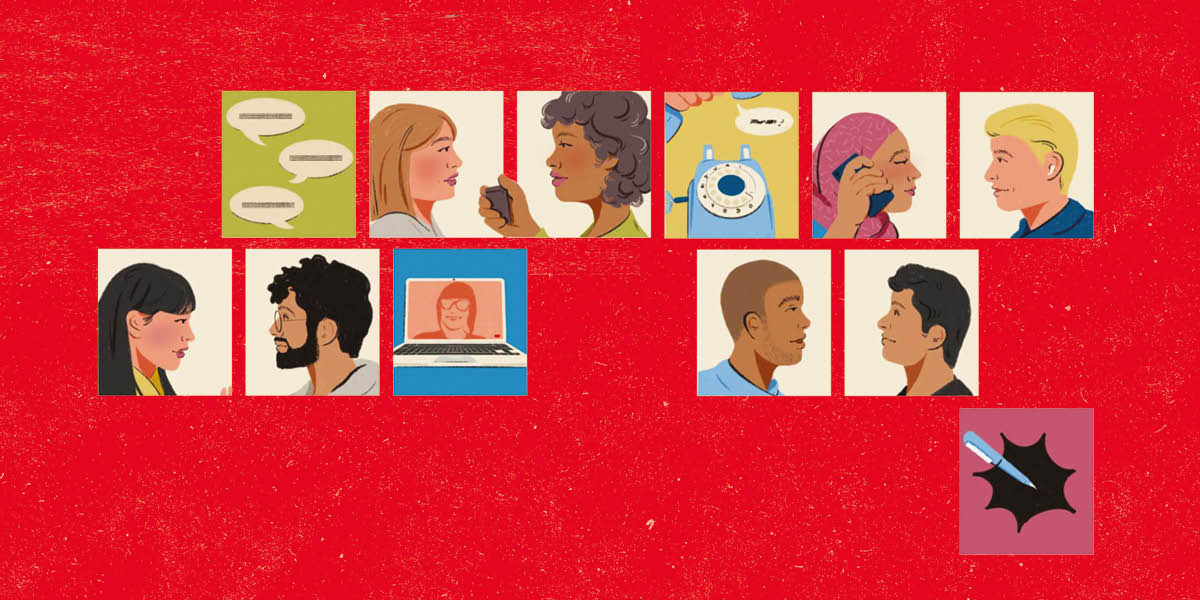Journalism has a diversity problem. That’s not a new revelation. According to a 2023 survey by the Canadian Association of Journalists, 76 per cent of the country’s newsrooms have no visible minority or Indigenous person in a senior leadership role. Men take up more than half of these roles, while racialised journalists are far more likely to hold part-time and intern positions than full-time and supervisory roles. These dynamics are also prevalent in the UK, where an overwhelming majority of journalists also come from households where a parent worked in a higher-level occupation.
As a racialised journalist based in Canada, I know the hurdles a young writer with few connections must jump through in hopes of building a career. It still matters ‘who you know’.
Unlike many of my peers, I’m not formally trained in journalism. My early years consisted of a layoff, juggling internships (some paid, many not) and freelance gigs learning the ropes. Significantly, though, I worked with editors who patiently walked me through the idiosyncrasies of reporting, answering my questions about best practices and guiding me in building a network. More often than not, they supported me by workshopping new ideas and flagging opportunities aligned with my interests. Their endorsement with other editors meant a good chance at a byline or making a little bit of money. For a young writer trying to figure things out, it meant the world.
Passing the baton
At shado magazine – a lived experience-led community of activists, organisers and writers – our mentorship programme offers one approach to tackling inequities in the broader journalism landscape. We know that there is no way to create real diversity in media and publishing without providing young journalists with the tools to get them there.
Mentors work closely with first time writers from under-represented communities, supporting them to formulate an article from pitch to publication on a topic they choose. Mentees are matched with writers with similar lived experiences, identity or subject area interests to provide the most enriching experience. This helps writers receive feedback specific to the nuances of their topic in a safe and supportive space, building their confidence to pitch elsewhere in the future.
Programme applicants are mainly shado readers, or folks who know someone in our global network of contributors – people invested in community centred storytelling and weary of lazy reporting of issues dear to them. They work on story ideation through one-on-one sessions with mentors and an in-depth process with shado editors. We aim to create spaces where writers can ask questions, build community with other writers and be told that their ideas, like their careers, are worth pursuing with vigour. Our approach is an expression of care for radical honesty in reporting, solidarity and, ultimately, for future generations of powerful journalism.
As a senior editor and mentor, I have seen the transformative power of our intentional approach. Writers who come through our programme are brimming with creative, critical and radical questions about the status quo. The final publication is different for each mentee – it could be a personal essay, critical political analysis or a short, reported piece. By encouraging them to follow their own interests and the threads of their imagination, our hope is to set them up to continue pursuing stories often overlooked in mainstream media – and to continue asking questions that unite global fights for liberation.











